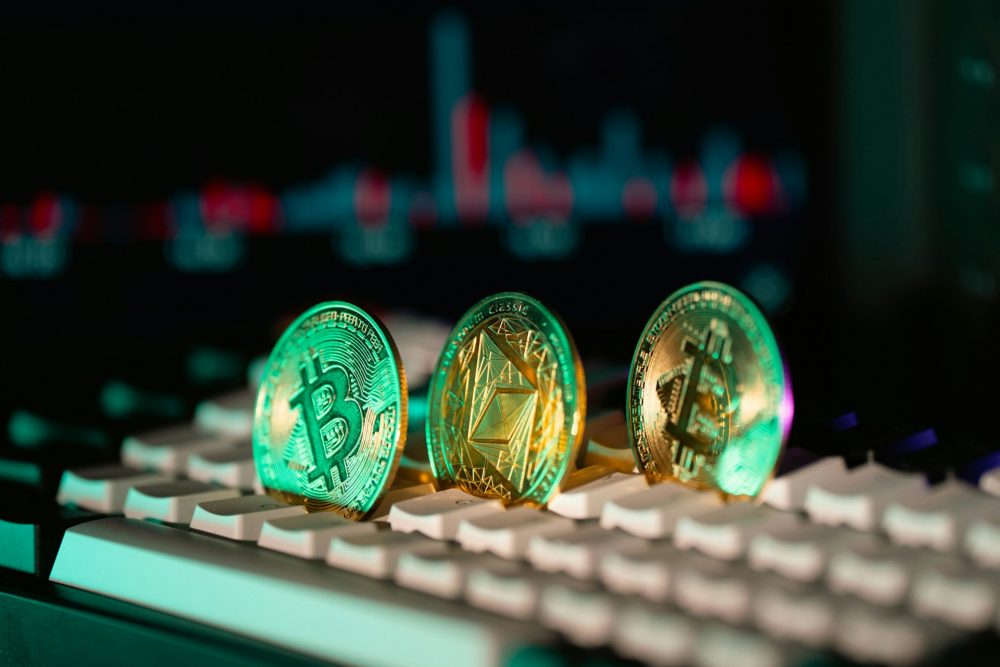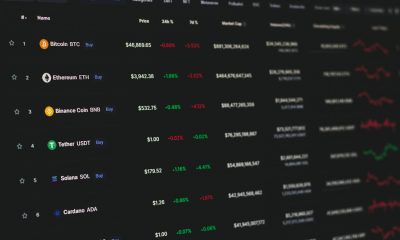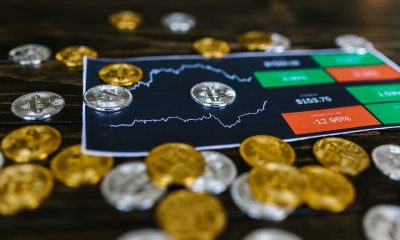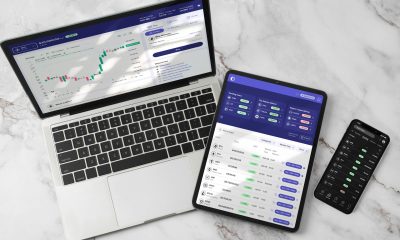Fintech
FTX Collapse: Lessons in Crypto Risk, Repayment, and Regulation
The FTX collapse highlights crypto’s risks. After repaying $6.2B, more payouts begin September 30, 2025, with reduced disputed claims. Sam Bankman-Fried was sentenced to 25 years for fraud. Repayments via BitGo, Kraken, and Payoneer aim for transparency. Though billions are returned, most investors face losses, reinforcing the need for regulation and due diligence in crypto.

The story of the FTX crypto exchange remains a lesson in the risks and dynamics of the crypto industry. After the dramatic collapse in 2022 and the conviction of founder Sam Bankman-Fried, the recovery is slowly progressing—at least financially.
FTX: Billions will be paid out to creditors
FTX has announced that it will begin the next round of payouts to creditors on September 30, 2025. The insolvent company had already repaid approximately $6.2 billion to aggrieved customers and creditors. This was made possible by a restructuring plan approved by the U.S. Bankruptcy Court, which governs the distribution of remaining assets.
In the wake of current developments, the so-called “disputed claim reserve”—the reserve for still-contested claims—was also reduced from 6.5 billion to 4.3 billion US dollars. This provides further clarity on how much capital is actually available for distribution.
Conviction of Sam Bankman-Fried
Former FTX CEO Sam Bankman-Fried was found guilty of seven counts, including fraud and conspiracy, in 2023 following the exchange’s collapse. The sentence: 25 years in prison—although reports suggest a reduction of up to four years could be possible for good behavior.
The FTX case remains a cautionary tale for the crypto community, not only financially but also legally and ethically. It has permanently shaken the trust of many users in centralized crypto exchanges.
Withdrawals via BitGo, Kraken and Payoneer
FTX relies on well-known partners for the technical processing of repayments: payouts are made via BitGo, Kraken, and Payoneer, among others. This is intended to ensure transparency and security for creditors.
Despite the substantial repayments, it’s clear that many investors will still only receive a fraction of their original deposits. The FTX case demonstrates the importance of risk management and careful due diligence in the crypto sector. The events surrounding FTX will continue to shape the discussion about regulation and consumer protection in the crypto market for a long time to come.
__
(Featured image by Jakub Żerdzicki via Unsplash)
DISCLAIMER: This article was written by a third party contributor and does not reflect the opinion of Born2Invest, its management, staff or its associates. Please review our disclaimer for more information.
This article may include forward-looking statements. These forward-looking statements generally are identified by the words “believe,” “project,” “estimate,” “become,” “plan,” “will,” and similar expressions. These forward-looking statements involve known and unknown risks as well as uncertainties, including those discussed in the following cautionary statements and elsewhere in this article and on this site. Although the Company may believe that its expectations are based on reasonable assumptions, the actual results that the Company may achieve may differ materially from any forward-looking statements, which reflect the opinions of the management of the Company only as of the date hereof. Additionally, please make sure to read these important disclosures.
First published in BLOCK-BUILDERS.DE. A third-party contributor translated and adapted the article from the original. In case of discrepancy, the original will prevail.
Although we made reasonable efforts to provide accurate translations, some parts may be incorrect. Born2Invest assumes no responsibility for errors, omissions or ambiguities in the translations provided on this website. Any person or entity relying on translated content does so at their own risk. Born2Invest is not responsible for losses caused by such reliance on the accuracy or reliability of translated information. If you wish to report an error or inaccuracy in the translation, we encourage you to contact us

-

 Fintech1 week ago
Fintech1 week agoRuvo Raises $4.6M to Power Crypto-Pix Remittances Between Brazil and the U.S.
-

 Biotech6 days ago
Biotech6 days agoEurope’s Biopharma at a Crossroads: Urgent Reforms Needed to Restore Global Competitiveness
-

 Crowdfunding2 weeks ago
Crowdfunding2 weeks agoAWOL Vision’s Aetherion Projectors Raise Millions on Kickstarter
-

 Africa2 days ago
Africa2 days agoFrance and Morocco Sign Agreements to Boost Business Mobility and Investment

























